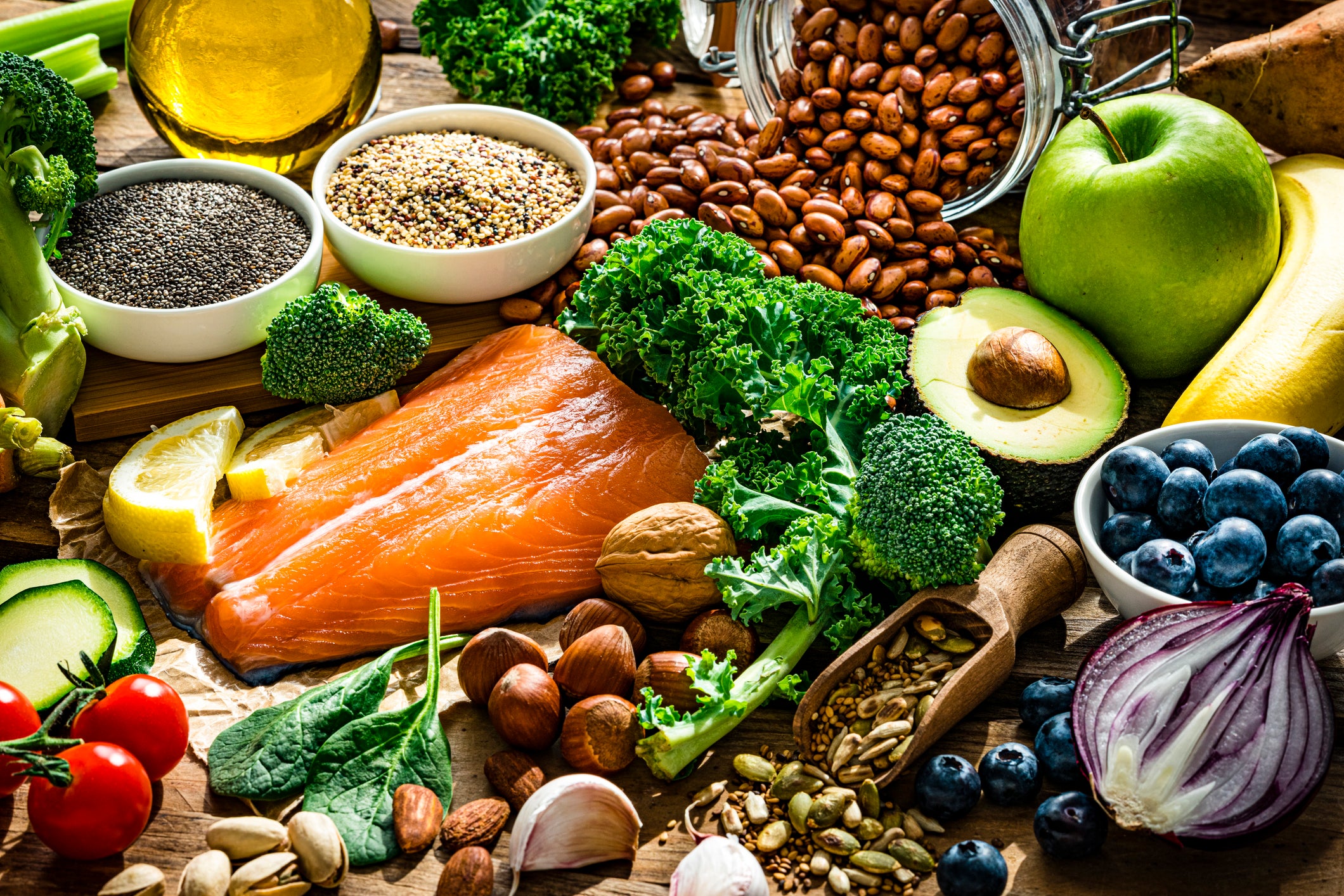For millions of people, fighting to stay awake at their desk, on the commute home, or even mid-conversation is a daily struggle.
Now, scientists believe the reason why some people are far more prone to overwhelming drowsiness may be due to their diet and hormones.
Researchers have identified seven metabolites, which are naturally occurring chemicals in the blood, that appear to influence a person’s risk of Excessive Daytime Sleepiness (EDS).
EDS, also known as hypersomnia, affects around one in four Britons, and is linked to a higher risk of cardiovascular disease, obesity and diabetes.
A new study, emerging from Mass General Brigham and Beth Israel Deaconess Medical Center in the US, suggested that diet and hormones may affect hypersomnia.
The findings, published in Lancet eBioMedicine, used blood samples from more than 6,000 people who took part in a long-term health study, alongside questionnaires assessing how often participants fell asleep during the day.

Seven metabolites were associated with EDS, with three additional metabolites found to vary by sex, the study found. These include tyramine, which is present in fermented and overripe foods. This was linked to increased drowsiness, particularly in men.
Foods high in tyramine:
- Aged cheeses
- Cured and smoked meats
- Fermented foods
- Overripe fruits
- Pickled foods
- Red wine
The researchers also found that sex steroid metabolites, such as progesterone, were associated with sleep-related processes, including melatonin production.
On the other hand, omega-3 and omega-6 fatty acids, commonly found in Mediterranean-style diets, were linked to a lower risk of excessive sleepiness, according to the research.
Foods high in omega-3 and omega-6 fatty acids:
- Fish such as salmon, mackerel, sardines and tuna
- Shellfish
- Walnuts
- Flaxseeds
- Eggs
- Poultry
- Whole-grain breads and cereals

Dr Tariq Faquih, the study’s lead author, said: “Our study suggests diet and genetics may play an important role in EDS. As we learn what’s happening biologically, we are beginning to understand how and why EDS occurs, the early signs that someone might have it, and what we can do to help patients.”
The researchers said the results point to potential treatment targets for EDS, suggesting dietary changes and new medications may be possible.
According to the NHS, hypersomnia is different from simply feeling tired. People with the condition may regularly nap during the day, fall asleep without warning, or still sleep for long hours at night.
It can sometimes be linked to conditions such as narcolepsy, sleep apnoea, restless legs syndrome, depression, or chronic fatigue syndrome.
The NHS advises improving sleep habits by going to bed at the same time each night, cutting back on alcohol and caffeine, creating a peaceful sleep environment and avoiding late-night working.
